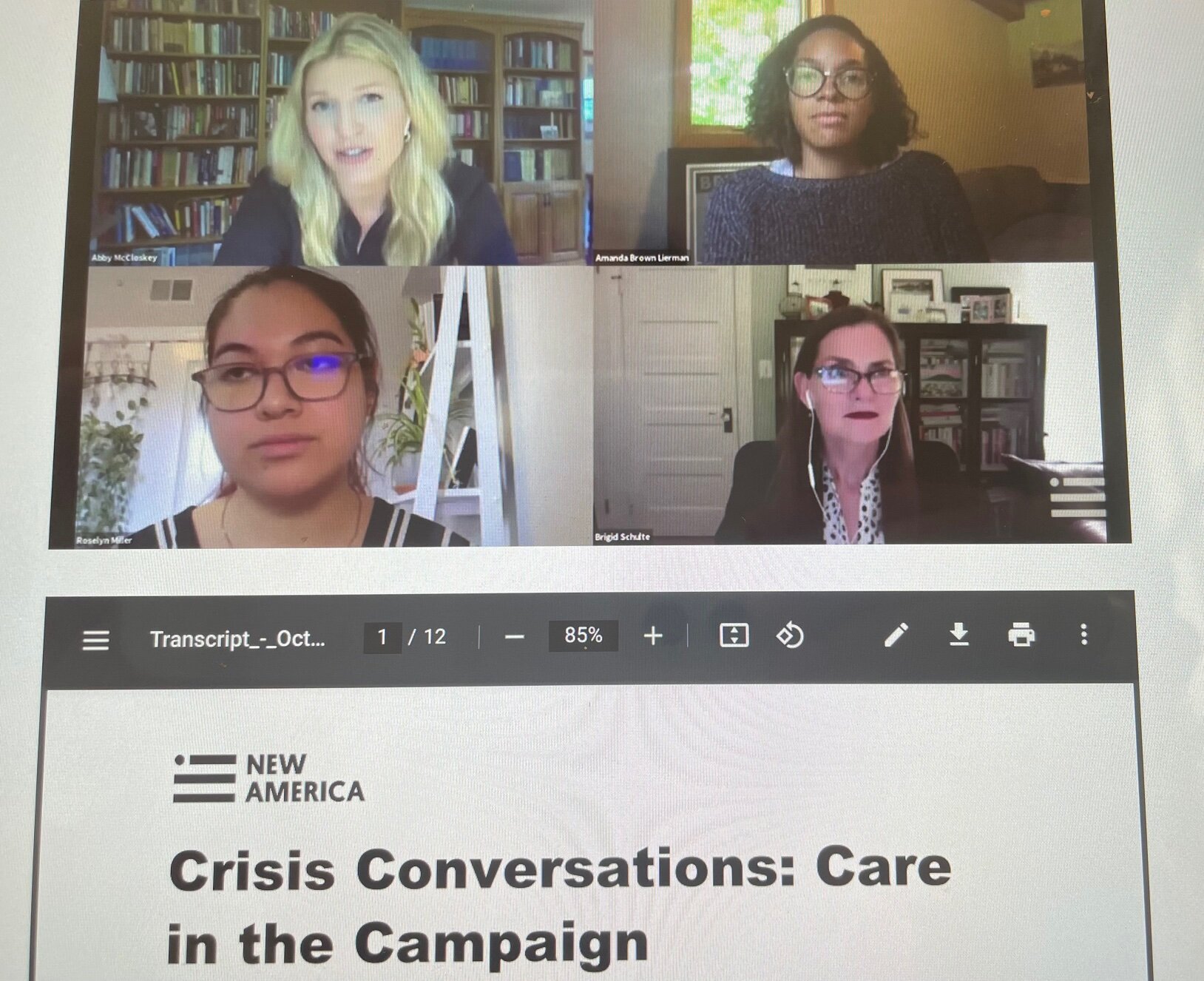Abby McCloskey, Dallas Morning News, March 14, 2021
“The sheer magnitude of the $1.9 trillion stimulus bill masks its many components, but one of the most significant parts is an expanded child allowance. For the next year, American families will receive $300 monthly for every child younger than 6 years of age and $250 for every child age 17 or under, phasing out for couples earning more than $150,000.
While framed as a broad anti-poverty effort, the provision is no doubt penance to working parents and their children who have borne the brunt of the COVID-19 fallout. Closed schools and child care centers resulted in an exodus of 1 million mothers from the labor force, an increase in child hunger, and a catastrophic widening of racial and economic disparity in learning, the effects of which will be felt for a generation.
It’s unlikely that a monthly cash payment erases the hardship of this year, but perhaps it softens the blow (or brightens the image of the largely blue teacher unions and Democratic politicians that resisted reopening beyond what science suggested and now can be seen as benefactors).
But child allowances are likely to persist beyond the coronavirus recovery. This is because once a government benefit is in place it’s hard to claw back. It’s also because this proposal has bipartisan momentum despite our historically polarized politics…”


